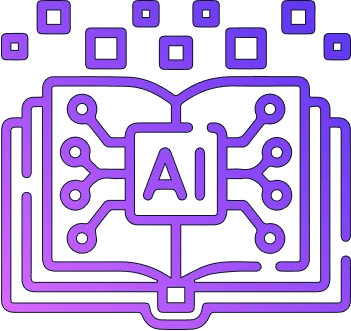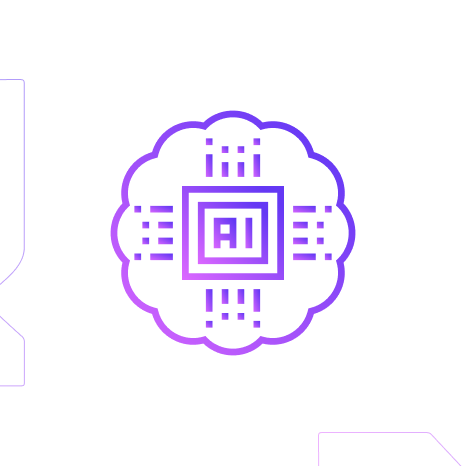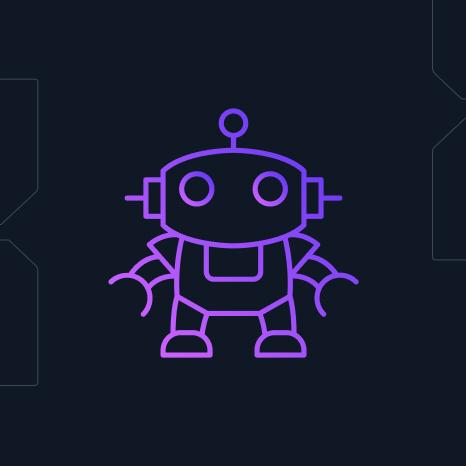

How AI is Transforming Education

Effective Management of Administrative Tasks
By utilising AI’s automation – administrative work can be completed more efficiently. AI helps with school admissions with the processing and categorization of paperwork and grading test papers. This saves time for teachers along with reducing human errors and bias. Additionally, time saved can be used to assist and engage with students in an improved manner.
Access to Quality Content
Automation also allows quality education accessible to a larger population. This is possible by the implementation of smart content. Professors can create and design material that is customised according to each need of the students in various regions. The material can be shared in a variety of forms such as virtual conferences and lectures.
Smart learning content implemented using AI also allows teachers to assist each student individually. AI allows content to be digitalised as opposed to traditional textbooks – where navigation is more efficient for students.
Personalised Learning Process
AI is empowering teachers to track their students’ performance in real-time and address the needs of each student accordingly. Additionally, teachers have time to guide their students to improve their cognitive skills. The capability of AI allows for the collection of detailed information – allowing teachers to identify the individual strengths of each student and tailoring to their needs.
Better Outreach
AI in education can help make the system inclusive – technology allows education to be brought into each house and study with the help of smart devices. AI can help with scarce infrastructure and the non-availability of qualified teachers with virtual classrooms.
Customised Curriculum
AI allows for the incorporation of customised curriculums that can be designed and altered for each students interests and learning style. This allows that the individual learning style of every student is met and gives a greater opportunity to succeed.
Interested in implementing AI into education? Contact us!



Leave a comment!